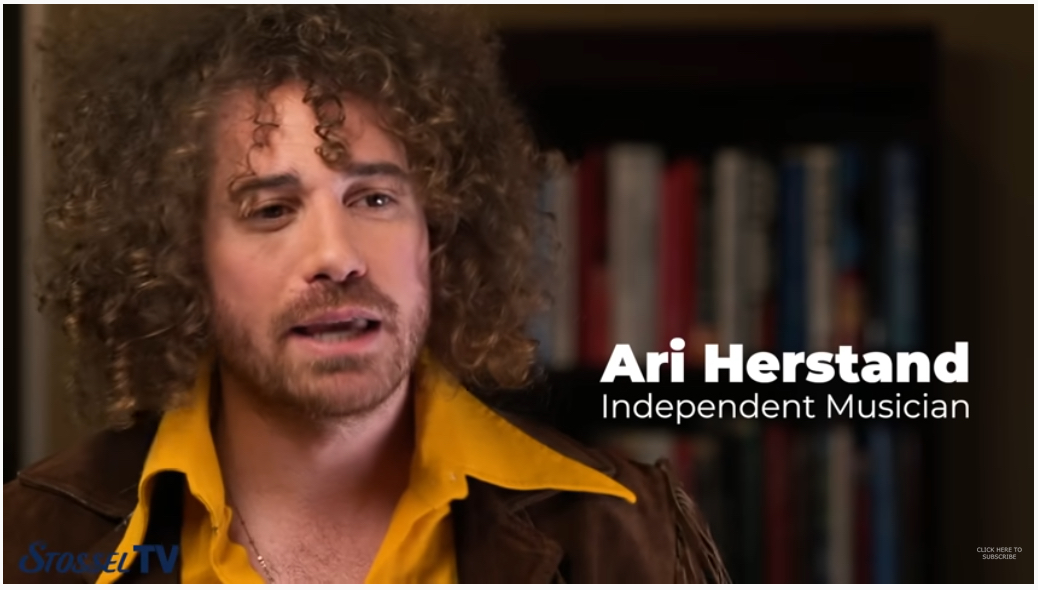
Quirky Musician and Podcaster Might Have Been AB5’s Most Effective Opponent
Singer Ari Herstand won major alterations to a law that was suffocating California’s music biz
By Ken Kurson, September 29, 2020 8:40 am
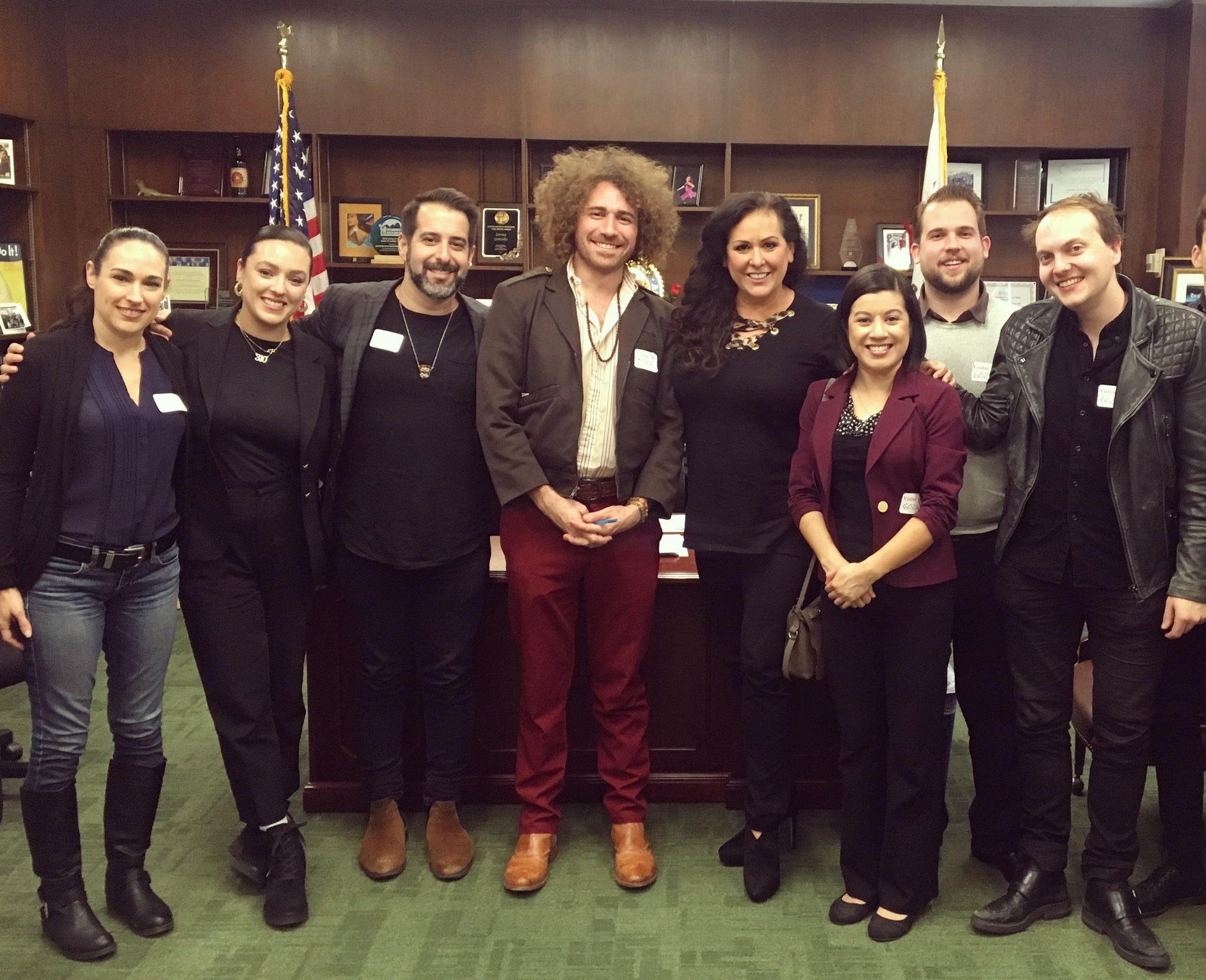
One of the most articulate and effective opponents of AB5 has emerged from an unlikely pond.
Ari Herstand is, as Van Halen might put it, a “nonstop talker what a rocker.” Combative, hilarious, brutally frank, Herstand is the founder of ATA, which is basically an online school that teaches independent musicians how to draw attention to their work. Herstand himself is a working musician and has developed his site and podcasts into both the instruction courses and a terrific book that’s become popular with indie musicians.
By his own admission, he knew nothing about politics and wanted nothing to do with it. But AB5, the independent contractor bill sponsored by Assemblymember Lorena Gonzalez that was signed in Sept 2019 and went into effect in January, severely impacted musicians throughout the state.
Press play to hear a narrated version of this story, presented by AudioHopper.
A violinist at the LA Philharmonic might have a single employer, and thus be an arguably reasonable target for legislation that allegedly protects workers. But nearly all other working musicians are actually independent contractors. In fact, the entire term “gig economy” comes from the work pursued by most musicians. Those “employments” are called gigs. The places that host these gigs don’t consider the musicians employees and the musicians have never considered themselves employees. Both sides like it that way.
But in her determination to classify Uber and Lyft drivers as employees rather than independent contractors, Assemblywoman Gonzalez’s broadly written AB5 swept up all sorts of players who weren’t looking for this kind of protection. Indeed, many of them found their industries virtually wiped out overnight. As California Globe has covered, freelance writers, for example, were limited to 35 stories per year. Instantaneously, Vox Media “end[ed] contracts with hundreds of freelance writers and editors in California who covered sports for the blog network SB Nation,” according to the LA Times.
Unions applauded AB5; freelance workers, not so much
Though the law was sold as protecting the interests of freelancers, it quickly became clear that the real beneficiary of the law was labor unions. In fact, the very freelancers the law was intended to protect have been among the loudest voices demanding revisions that exempt their particular industry.
The law has been revealed to be particularly ill-suited to musicians, who literally have a different “employer” every night and every time they record a session.
In November of last year, Herstand first heard of the bill’s gathering strength and began organizing. He discovered the disapproval was nearly unanimous among musicians. Unfortunately, the AFM, the union that represents musicians actually favored it. Their membership has been in decline, and despite the clear wishes of a vast majority of musicians aligned against it, AFM apparently saw an opportunity to reverse their years-long decline.
According to Herstand, after the law went into effect, “I had documented hundreds of musicians who lost work because of AB5. Meaning someone who’d normally contract musicians and engineers in California started turning musicians elsewhere in the country. A composer who’d normally contract a 50-piece orchestra canceled that contract and took the job to Florida because this composer said, ‘I can’t afford to put 50 people on payroll.’”
Herstand pointed out how a band leader who plays Tuesday nights at a restaurant suddenly faces the expense of incorporating himself, and putting his drummer on payroll. Payroll companies aren’t set up for one-off gigs – just adding that drummer to the payroll can cost more than the drummer will earn for the night. “Needless to say, it’s extremely expensive to comply with this law,” reports Herstand, and not surprisingly, when the law took effect in January, “Wine bars stopped hosting singer-songwriters and sessions started drying up.”
When Herstand learned about it in Nov 19 – after the law was signed by Gov. Newsom but before it took effect—he became an unlikely activist. He attended a meeting at which music industry lawyer Ned Menoyo was the featured speaker. “None of us knew about it and by the end of this meeting, all of us were freaking the fuck out.”
(After initially agreeing to speak to the Globe about this story, Monoyo, a musician and actor himself, asked the Globe to permit him to review and approve any quotes that would be used in the article; It is not the policy of the California Globe to allow sources to edit their quotes after interviews.)
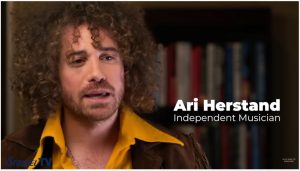
Herstand wrote a story for his blog called “California’s Music Economy Is About To Crash” that generated such passionate reaction, Assem. Gonzalez actually got in touch. And he agreed to help lead a new group called Independent Music Professionals United, which was formed in December 2019 by the cellist Danica Pinner, violinist Alicia Spillias, and Adrianne Duncan, specifically to combat the devastating effects AB5 was sure to wreak on the state’s music industry. The group met with legislators and wrote op-eds. Most persuasively, IMPU gathered about 185,000 signatures for its petition to carve out an exception in AB5 for music professionals.
A long list of industries—mostly featuring well-organized and large lobbying budgets—had already won exemptions. Lawyers, architects, engineers, private investigators, and accountants were exempt. So were doctors, surgeons, dentists, psychologists and veterinarians. Also security broker-dealers and investment advisors. Marketing professionals, travel agents, human resources administrators, graphic designers, grant writers, and fine artists, too. By the time Herstand’s industry began collapsing under the weight of AB5, it seemed as though the only people suffering its effects were Uber drivers and musicians.
“I learned a lot about how politics works throughout this process,” Herstand told California Globe. “And it ain’t pretty. It seems the only way to get anyone to do anything is to put very public pressure on them. It took going on multiple news programs, getting a massive petition going, writing multiple blog articles, putting on high-profile protest concerts, and stirring up quite a bit of noise with other various publications in the State for the AFM and Assemblymember Gonzalez to come back to the negotiating table.”
The most fascinating part of Herstand’s account reveals exactly how Gonzales allowed the unions to dominate the language of AB5.
‘You need sign off from the unions’
Herstand discusses a meeting with Assem. Gonzalez in which he explains precisely why AB5 will be so devastating to musicians. He quotes her as saying, “OK, we get it, we realize we’ll have to figure out the music thing. Put some language together, send it to me and I’ll put it into a clean-up bill that I’ll be introducing.” He describes their group getting together some language, getting it to Gonzalez and her reaction is revealing. She tells Herstand, “No, no, no. You need sign off from the unions.”
Herstand was stunned by the degree to which the unions dominated the process.
“We didn’t know how politics really worked. So who we then needed to fight with was the union, the AFM. Their position was that if every musician had to be W-2’ed, then every musician would join the union.”
Herstand took the fight to the airwaves.
He and Adrienne Duncan began a media blitz. They appeared on local news in San Diego to put public pressure on Gonzalez in her home market. Herstand appeared on Cheddar tv and on John Stossel’s show, and the San Francisco Chronicle and LA Times started covering the issue. “The more public pressure we put on Gonzalez and the governor and the AFM, the more willing they were to negotiate,” Herstand said. “I’m like learning politics as I go.”
Twitter was also very effective. Gonzalez consistently engaged Herstand on the platform. One thread in particular illuminated just how duplicitous the whole process was, though the Assemblywoman seems to have deleted her replies to Herstand and other musicians who felt burned.
This story has a happy ending.
Ultimately, Herstand and the musicians got just about everything they wanted. The carveouts that appeared in AB 2257 have exempted most California musicians from the “ABC Test” of AB5.
“It’s worth noting that we did not get everything we wanted from AB 2257,” Herstand told the Globe. “We wanted a full exemption of every music professional from AB5. The AFM attempted to block us at every turn. Remember, they wanted full implementation of AB5 as is and we wanted full exemption. So that’s where negotiations started. What we got, in the end, was a compromise that isn’t perfect, but will save tens of thousands of musicians from losing work and from having to take on tremendous additional costs because of the burdens of AB5. Now, I can finally get back to the music!”
That’s lucky for California’s musicians — and its music fans. If after reading about all that fighting, you need a little loveliness, check out Ari Herstand’s gorgeous song “Retrospect.” Tell me that organ and Fender Rhodes don’t make it all worthwhile. Horns, too, and the woman playing the sax solo sings some great backups, as well.
- Democrats in Tied San Jose Congressional Election Try to Stop the Recount - April 19, 2024
- Anatomy of a Smear - March 21, 2024
- Reid Hoffman Channels Sam Bankman-Fried - January 9, 2024



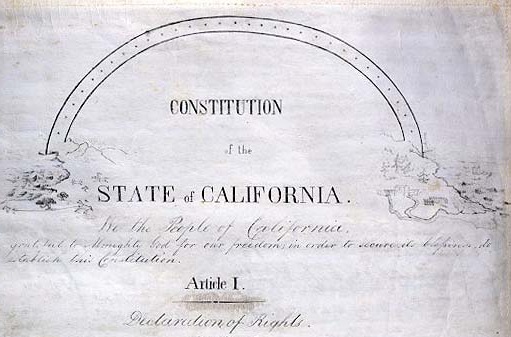
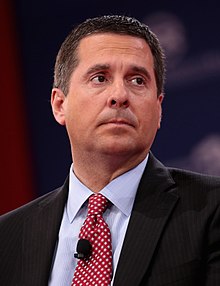
Nice for THEM because they have the money, power and time to fight the government,!
AB5 needs to GO! Get rid of Lorena whatshername!
Hey, all you musicians, remember how that felt when you were being TOLD? How about fighting for the freelance writers and food delivery people, tutors and house cleaners?!
“Though the law was sold as protecting the interests of freelancers, it quickly became clear that the real beneficiary of the law was labor unions.”
And this is the huge problem with California politics – the unions own ALMOST ALL of the politicians, and ALL the Democrats.
And the rest of us suffer because of that…
@ExCaliExpat: Exactly. …and exactly why I am leaving too (i.e. soon to be “expat” like you). It no longer makes sense to be a business owner or job creator in this state. I’ll watch the unions unfunded pensions implode from a distance.
As Dan Walters said, this is a lousy way to make law. Everything about AB5 stinks with the stench of union corruption of the political process.
https://calmatters.org/commentary/2020/09/gig-worker-california-proposition-22-ab5/